Welcome to Should I Listen To This?, where we deep-dive into a podcast to find out what it’s about, what works, what doesn’t, and whether or not you need to make the all-important decision to hit subscribe and add it to your rotation.
Know a podcast you’d like us to consider? Send an e-mail and we’ll add it to the audio pile.
Podcast: Baseball Tonight with Buster Olney
Network: ESPN
The latest
Who’s The Host?: Buster Olney, who I’m convinced doesn’t sleep, hosts the podcast. Even if Sunday Night Baseball lasts until the wee hours of the morning, Olney still gets up early to record the podcasts and write his ESPN Insider column. He didn’t start out as a broadcaster, but he’s hosted the podcast for years.
What’s a Normal Episode Like?: On the Scoreboard podcast, Olney goes game-by-game to recap each outcome. He touches upon all of the big news and even includes sound from some game’s postgame interviews. These podcasts are somewhere around 20 minutes long.
The daily Baseball Tonight podcast is never more than an hour in length. It usually packs in three guests. The first tends to be a discussion between Olney and another ESPN writer. Jayson Stark, Jerry Crasnick, Tim Kurkjian and Keith Law are among a revolving door of regulars with their own pre-recorded introductions. On Fridays, Olney talks to the “Fireball Express,” Karl Ravech and Justin Havens.
The other two guests on each day’s show are usually team-specific. It can be a beat writer, broadcaster, player, coach, or GM. I’ve never considered there to be any “big city bias” in the guest selection. It seems like guests are picked based on which teams are making news. This usually means they’re related to better teams, though exceptions happen when, for example, the Brewers trade a bunch of players. In that case, Milwaukee General Manager David Stearns was on the show back-to-back days.
Other recurring segments include “Call to the Legend” and Todd Radom’s uniform and logo trivia quiz. The “Call to the Legend” segment features an interview with a well-known former player. Most recently, Bill “Spaceman” Lee was on ahead of the new biopic about his life. Radom’s segment is on some Mondays. He usually stumps Olney and producer Josh Macri about some obscure and interesting oddity about a team’s logo or uniforms.
Who Is It For?: It’s for true baseball fans. Not just fans of one team, but fans of the entire league. If you’re the type of person who watches nationally-televised games or checks MLB Trade Rumors, this podcast is for you. But if you want to hear all about how your team did last night, you’d be better off tuning into local sports talk radio.
Should I Listen To This?
How Many Episodes Are There?: Too many to count. There are five Scoreboard podcasts and five Baseball Tonight podcasts released every week during the season.
Can I Jump Right In?: Of course! The only thing you might not know is why Ravech and Havens are called the “Fireball Express.” In terms of listening to old episodes, there might be an interview here and there you’ll want to hear, but the Scoreboard is only relevant for one day.
What’s Not Great?: Considering Olney is sometimes recording these podcasts from airport hallways and random places, you would expect me to say audio quality. While he warns of background noise at times, I’ve never considered it a major distraction.
My bigger issue is Olney’s voice. This is less of an issue on the Scoreboard podcast because it’s him reporting news quickly and the pace makes up for an overall lack of change in pitch or volume. With the full show podcast, Olney’s voice can turn into white noise, which makes it tougher for me to stay high energy at work. I’d be lying if I said I’ve never used the podcast to help me fall asleep, but if I wake up and the show is still going on, I listen to the rest of it.
This leads into a nit I have to pick with the podcast feed itself. When I started listening to the show, it was one podcast that combined the Scoreboard and interview parts. Now that they’re separate shows, I find myself listening to the Scoreboard a lot more often. I would prefer if it was on its own separate feed.
So, Should I Listen To This?: The Scoreboard is a great recap for fans who want to know what went down last night. For me, it’s the audio version of Olney’s ESPN Insider blog or Craig Calcaterra’s “And That Happened” posts for NBC Sports. While I was interning for the summer, I had a 15-20 minute drive to work, which started at 9:30 AM ET. Most days, the Scoreboard was either part of my morning commute or was the first thing I listened to at my desk.
I’m not as high on the actual podcast, however. It’s too long for a typical commute and doesn’t keep me locked in if I’m listening at my desk. Of course, your mileage will vary. If you’re a big MLB fan, you’ll get to hear about a couple different teams every day. It won’t make you laugh, but if you want straight news and interviews, this is for you.
Bottom Line – TL;DR: The Scoreboard is perfect for baseball fans on their morning commute. But the actual podcast is a more acquired taste that prefers news and interviews presented calmly and without objectivity or opinion.


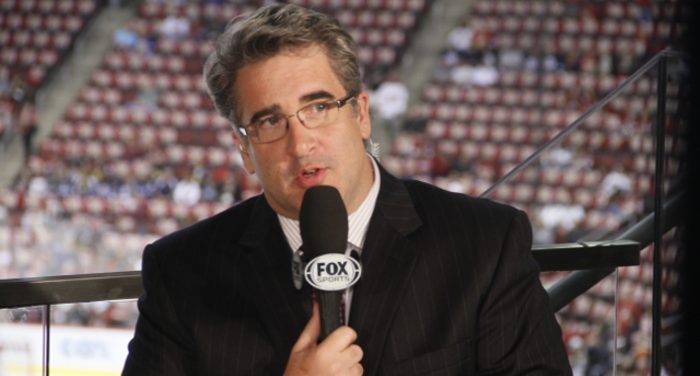

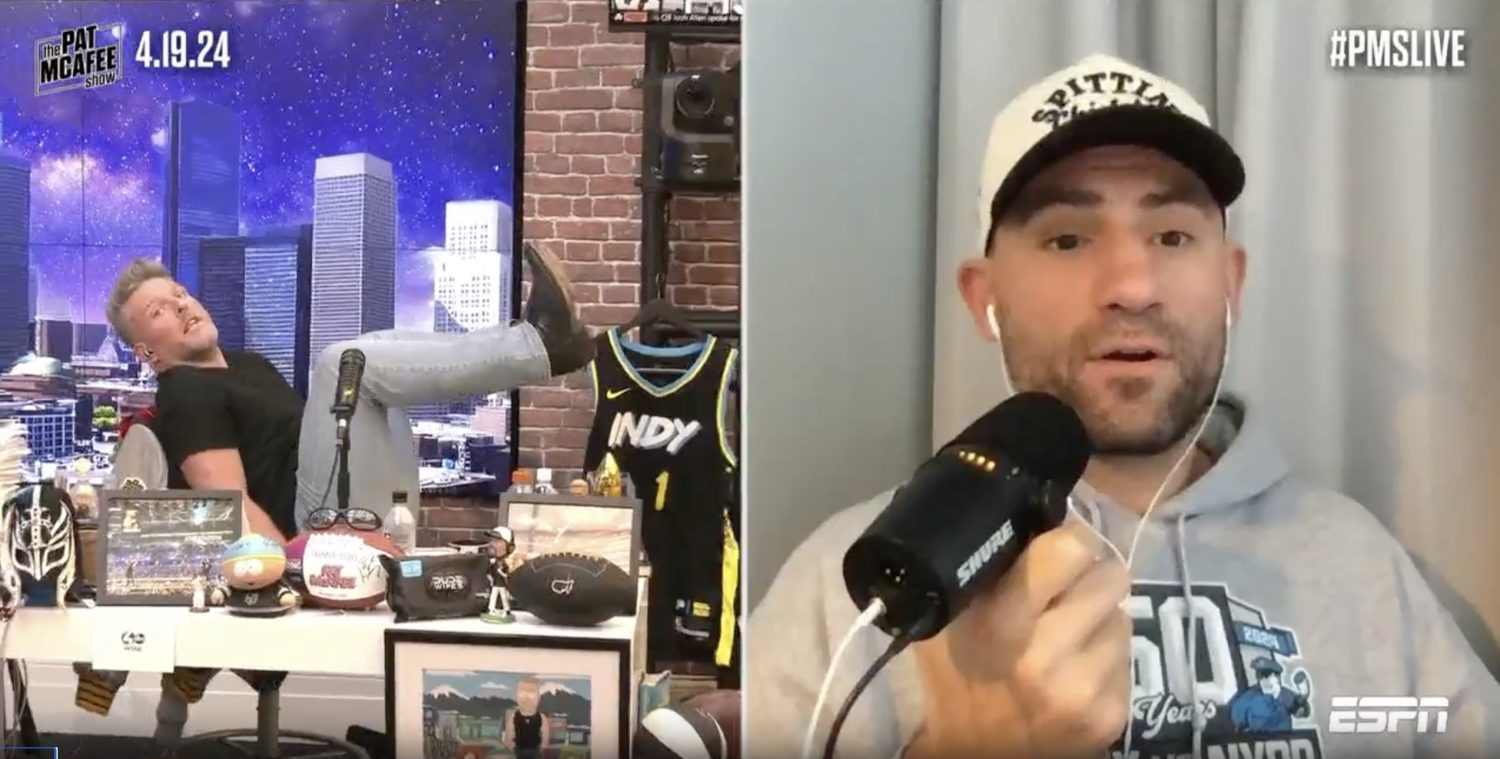
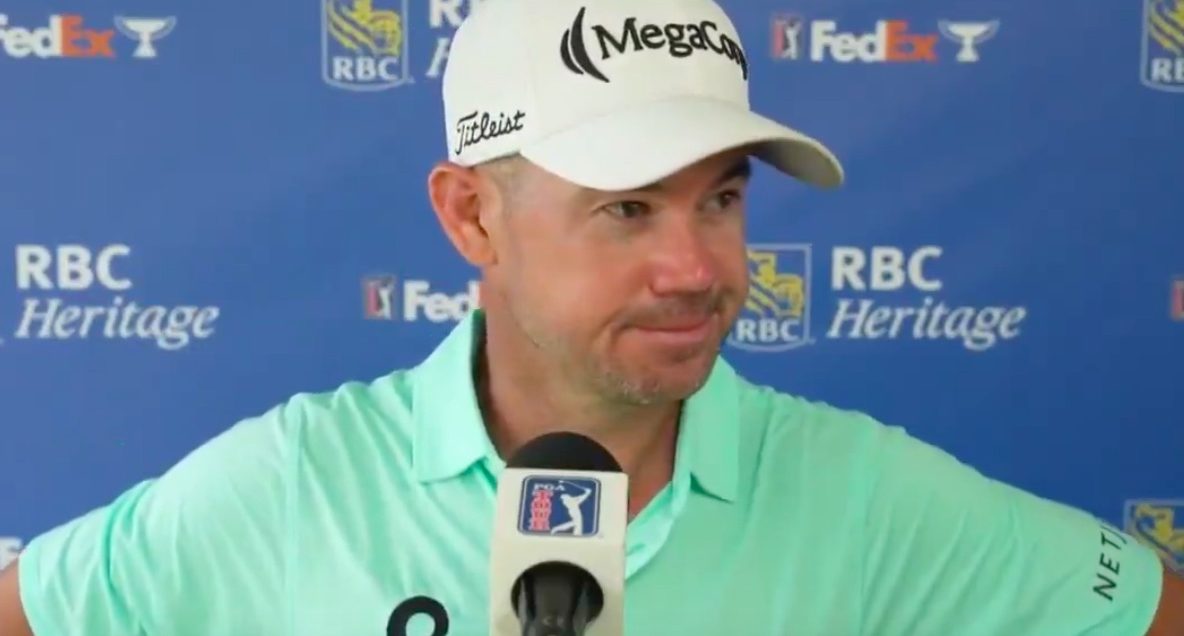
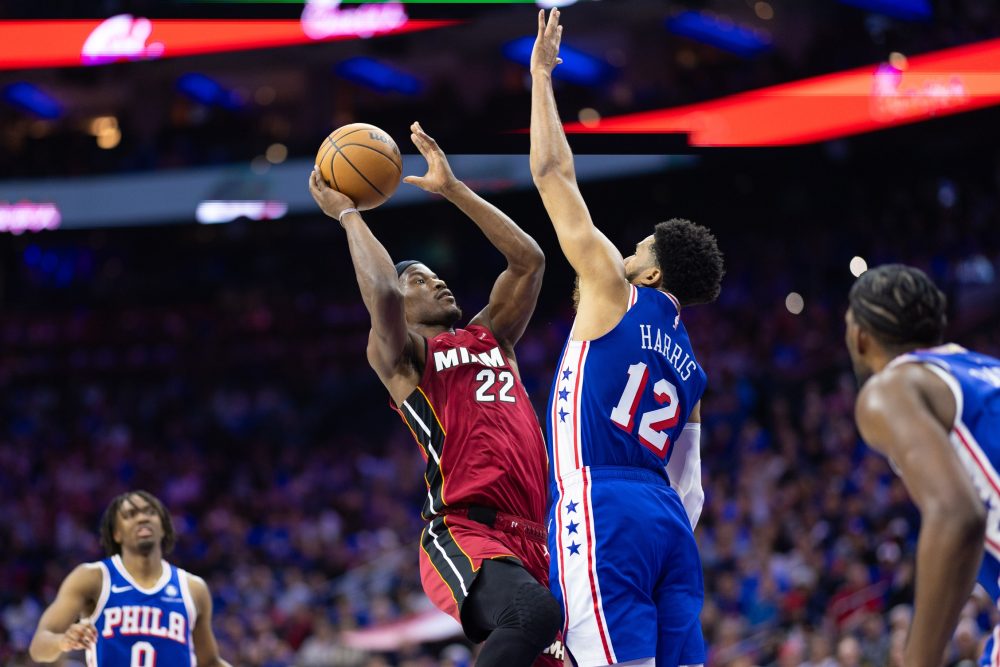
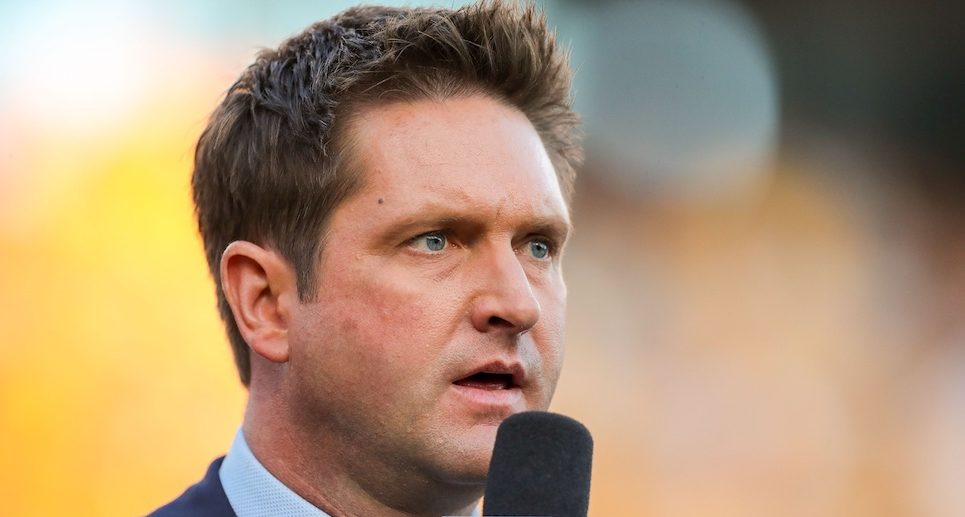
Comments are closed.